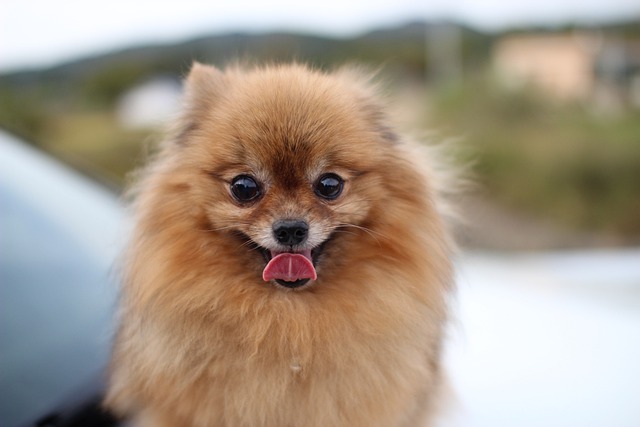
What is the best diet for a puppy
Walking down the puppy food aisle can feel overwhelming—do you choose grain-free, large breed formula, or that expensive brand with the cute packaging?
If you find yourself constantly wiping goopy gunk from your dog’s eyes, it’s more than just a nuisance—it’s a sign that something is out of balance. While a small amount of clear discharge (often called "sleep" or rheum) is perfectly normal, persistent, colored, or excessive eye discharge warrants attention. The scientific reason behind this often points to the body’s attempt to protect or heal the eye. Common causes range from simple irritants like dust or pollen blowing into their face during a car ride with the window down, to more complex issues like blocked tear ducts, conjunctivitis (pink eye), or even anatomical issues common in brachycephalic breeds like Pugs or Bulldogs whose shallow eye sockets offer less protection. Your first and most important step is to schedule a visit with your veterinarian. They can perform a fluorescein stain test to check for corneal ulcers or measure tear production to rule out dry eye (KCS), which are conditions that absolutely require prescription medication.
While you await your vet appointment, there are safe and supportive steps you can take. Gently wipe away discharge daily using a soft, lint-free cloth or a vet-approved eye wipe moistened with lukewarm water. Always wipe from the inner corner outward, and use a fresh cloth for each eye to prevent cross-contamination. If your dog has light-colored fur, the constant moisture can cause staining; keeping the area trimmed and dry can help minimize this. This gentle, proactive care is a hallmark of responsible ownership and aligns perfectly with modern animal welfare principles that emphasize prevention and non-invasive comfort. This mindful approach extends to your broader responsibilities, such as ensuring your dog’s rabies and DHPP vaccinations are current—a legal baseline for vet care and community safety—and always carrying waste bags to promptly clean up during walks, which is both a common law and a fundamental act of respect for your neighbors.
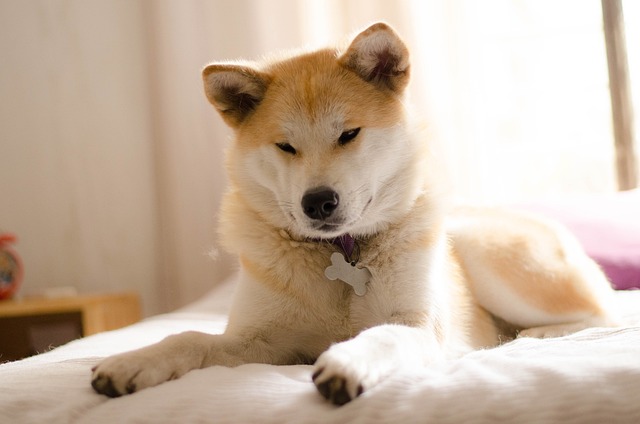
It’s also wise to consider your dog’s environment and habits. For apartment dwellers, indoor irritants like aerosol sprays, cleaning product residues, or even cigarette smoke can contribute to chronic eye irritation. If your dog is a breed with long facial hair, keeping it trimmed short can prevent strands from poking and irritating the cornea. And if your dog is pawing at their eyes, it’s crucial to address this behavior with compassionate redirection. Using positive reinforcement training—like rewarding them for holding a "sit-stay" instead of scratching—is the effective and culturally expected method, as opposed to any form of scolding. Managing constant eye discharge is often a blend of expert veterinary care and thoughtful daily management, ensuring your furry friend remains comfortable and happy in your home and community.

Walking down the puppy food aisle can feel overwhelming—do you choose grain-free, large breed formula, or that expensive brand with the cute packaging?
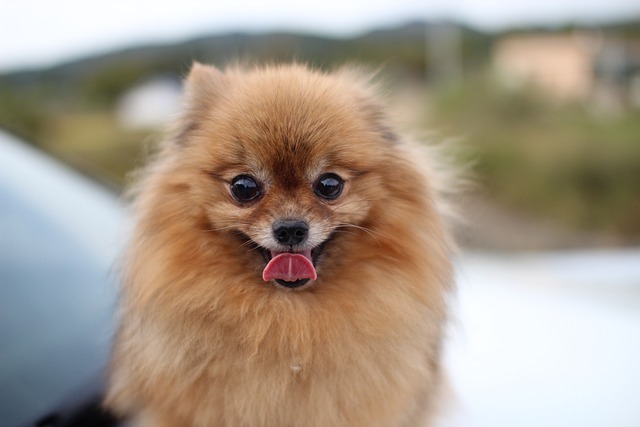
That little measuring cup in your hand feels so small, especially when you have a growing, energetic puppy who seems to be hungry all the time.
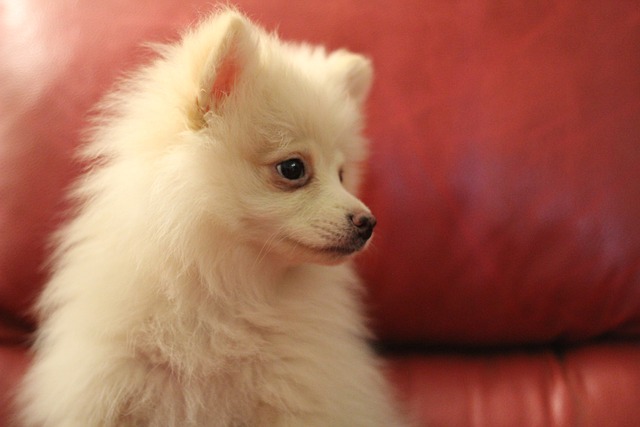
Noticing flaky skin on your dog's belly during a cuddle session can be concerning. You might see tiny white flakes resembling dandruff or feel rough
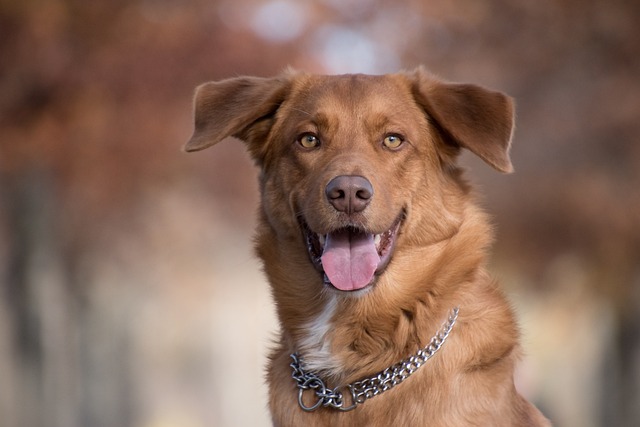
Bringing home a new puppy means juggling excitement with a million little worries—from potty training to making sure they stay healthy. One of the biggest questions that creeps up is when to start protecting them with vaccines.

You’re giving your dog a well-deserved belly rub when you feel something unexpected—rough patches, red skin, or maybe even little bumps.
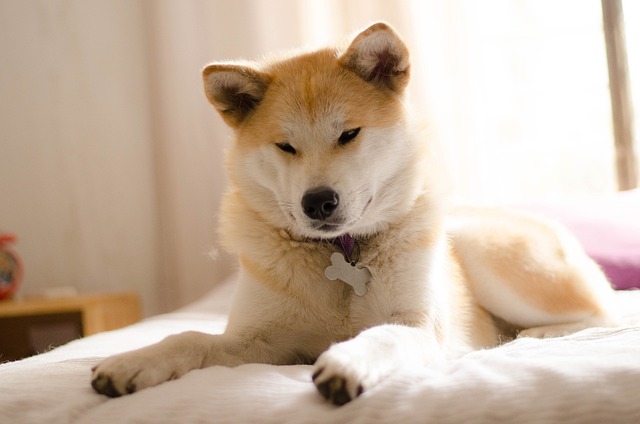
If you find yourself constantly wiping goopy gunk from your dog’s eyes, it’s more than just a nuisance—it’s a sign that something is out of balance.